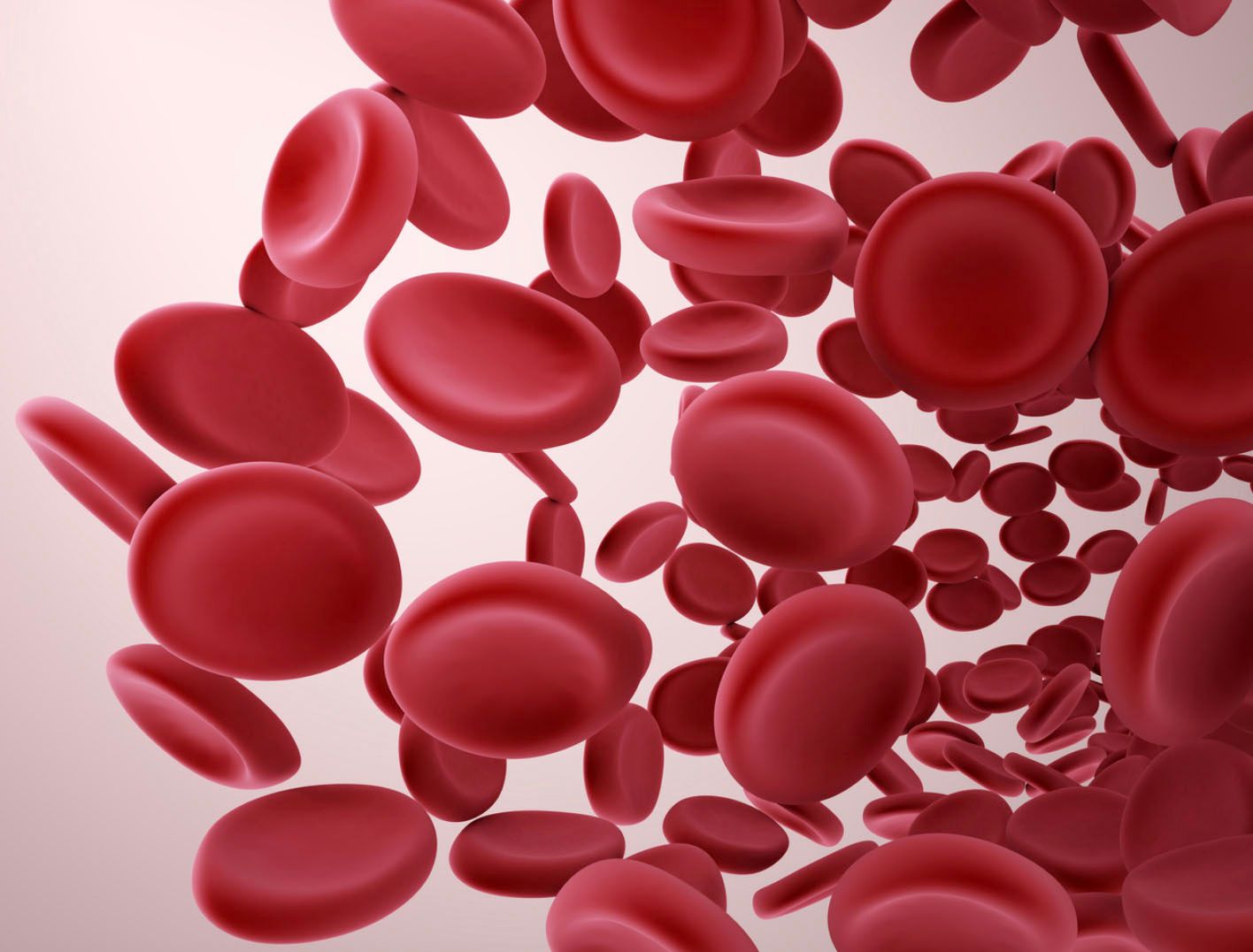PFS Data Show Carfilzomib Triplet Remains Inferior to VRd in Newly Diagnosed Myeloma
Given the higher efficacy of carfilzomib seen in recent phase 2 trials, investigators sought to determine if carfilzomib could replace bortezomib in the current standard of care triplet induction regimen in standard and intermediate risk NDMM, but the study failed.

Results from the ENDURANCE (E1A11) trial demonstrated that carfilzomib (Kyprolis), a next-generation proteasome inhibitor, in combination with lenalidomide (Revlimid), and dexamethasone (Decadron; KRd) failed to improve progression-free survival in patients with newly diagnosed myeloma compared with the standard-of-care regimen, bortezomib (Velcade) plus lenalidomide and dexamethasone (VRd), according to a presentation given ahead of the 2020 ASCO Virtual Scientific Program.
The randomized phase 3 trial also assessed whether indefinite maintenance with lenalidomide improves overall survival (OS) compared to 2-year maintenance. Data has yet to mature for this endpoint.
Given the higher efficacy of carfilzomib seen in recent phase 2 trials, investigators sought to determine if carfilzomib could replace bortezomib in the current standard of care triplet induction regimen in standard and intermediate risk NDMM.
To do so, 1087 patients with NDMM were randomized 1:1 to either a VRd or KRd arm for 36 weeks. After this initial period, a second 1:1 randomization was completed, placing patients in one of two groups: one that would receive indefinite lenalidomide maintenance therapy and one that would receive it for only two years.
Patients without del17p, t(14;16), t(14;20), plasma cell leukemia or high-risk GEP70 profile, were enrolled in the trial. The median age of all patients was 65 years.
The 542 patients in the VRd arm received bortezomib at 1.3 mg/m2 on days 1, 4, 8, and 11 (days 1 and 8 for cycles 9-12), lenalidomide at 25 mg on days 1-14, and dexamethasone at 40 mg on days 1, 2, 4, 5, 8, 9, 11, and 12 of a 3-week cycle for 12 cycles.
The KRd arm of 545 patients received carfilzomib at 36 mg/m2 on days 1, 2, 8, 9, 15, and 16 with lenalidomide at 25 mg daily on days 1-21 and dexamethasone at 40 mg weekly, in 4-week cycles for 9 cycles.
For the maintenance phase, patients received lenalidomide at 15mg on days 1-21 every 4 weeks.
During the second of three planned interim analyses, the therapy became ineffective reaching a PFS with an HR of 1.04 (95% CI, 0.8 to 1.3; P = 0.74).
In the VRd cohort, median PFS was 34.4 months compared to 34.6 months in the KRd arm. The researchers noted that no PFS differences were seen based on age, the presence or absence of t(4;14) or disease stage.
Three-year OS (95% CI) was also similar in both arms, with 84% in the VRd arm (80 to 88) and 86% in the KRd arm (82 to 89).
Patients within In the VRd cohort were taken off the trial to pursue alternative therapies (18%), because of adverse events (17%), withdrawal (7%), or disease progression (6%).
The most common reasons patients from the KRd arm were removed from the trial included pursuing an alternative therapy (14%), adverse events (9%), disease progression and withdrawal (4% each).
The most common grade 3 or higher toxicities were non-hematological, appearing in 42% of patients in the VRd arm compared to 48% of patients in the KRd arm. Although neuropathy rates were higher with VRd (8% compared to 1% in KRd), the KRd arm experienced a significantly higher rate of cardio-pulmonary and renal toxicities (16% compared to 5% in the VRd arm).
As a result, researchers have determined that VRd remains the superior triplet induction regimen in this patient population, making it a suitable backbone for 4-drug combinations as well.
Reference:
Kumar S, Jacobus S, Cohen A, et al. Carfilzomib, lenalidomide, and dexamethasone (KRd) versus bortezomib, lenalidomide, and dexamethasone (VRd) for initial therapy of newly diagnosed multiple myeloma (NDMM): Results of ENDURANCE (E1A11) phase III trial. Presented at: 2020 ASCO Virtual Scientific Program; May 28, 2020. LBA3.
<< View more of Targeted Oncology's coverage from the 2020 ASCO Virtual Annual Meeting